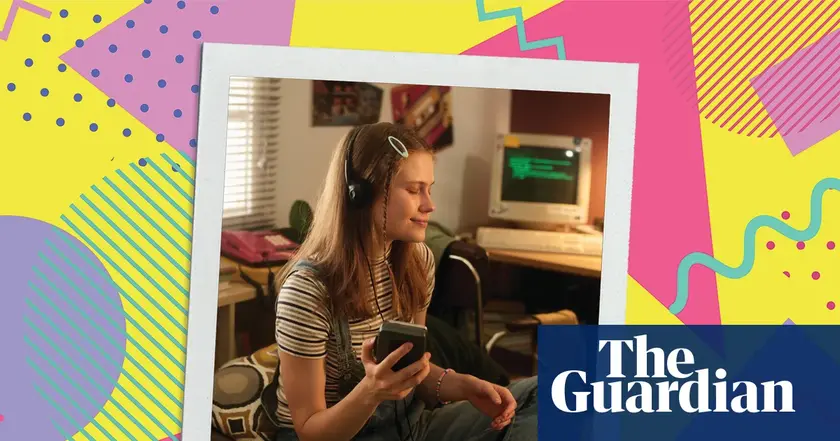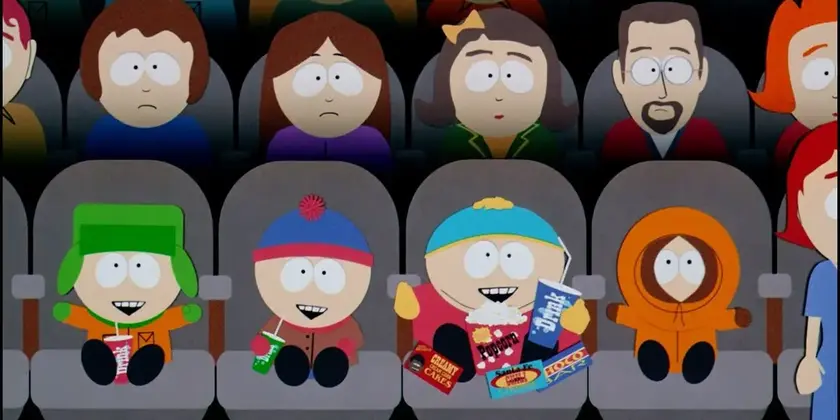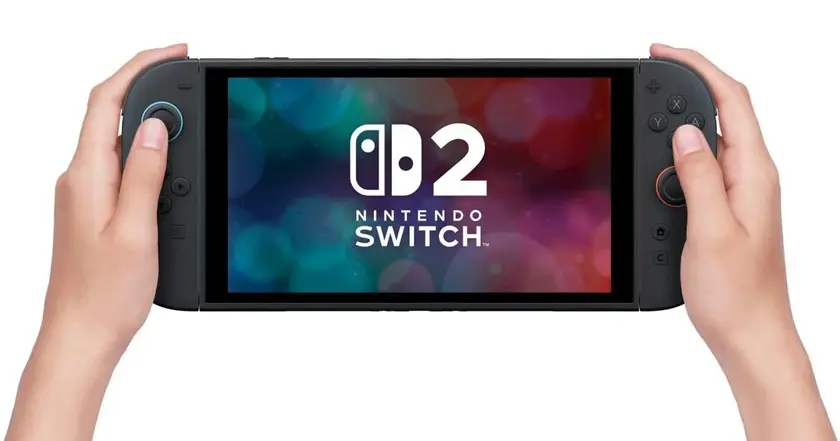T4K3.news
Nostalgia shapes parenting decisions
Millennial parents seek slower, more communal activities and landlines to counter screens.

A look at how nostalgia for the 1990s shapes today’s parenting, blending slower, analogue play with contemporary awareness.
90s parenting returns with a calm into modern life
Millennial parents are embracing a 1990s vibe to counter the ubiquity of screens. The trend shows up in concrete ways, from creating Blockbuster style rooms and landlines to choosing older films and family viewing rituals. Advocates say these setups help families slow down, be intentional with media, and rebuild shared moments long shaped by popular culture from a different era.
The piece also highlights concerns that accompany nostalgia. Some parents worry about the negative effects of modern screen time and press for a more deliberate pace, while others worry about romanticizing a past that had its own problems, including discipline norms and gaps in mental health support. The conversation widens to include educators, designers of play, and parents who remember care and pressure in equal measure, suggesting a blended approach may be the practical path forward.
Key Takeaways
"The whole family would pile into the car, head to the video store and roam the aisles."
Justin Flom on 1990s family rituals
"Long stretches of unremarkable time were a gift I didn’t know I’d miss."
Melanie Murphy on the value of boredom
"What I long for isn’t a time machine, but a nice blend."
Author's closing stance on balance
"We prefer older movies and shows partly because I think the pacing is healthier."
Jess Russell on media choices for children
Nostalgia works as a social emotional lens that reframes parenting choices. It can rally families to prioritize play, connection, and curiosity, but it risks glossing over real issues from the past and present—like housing costs, time poverty, and the uneven access to safe, enriching activities. The trend also mirrors a broader conversation fueled by social media algorithms that push retro aesthetics and feel-good narratives, sometimes at the expense of nuance. In short, the pull toward a simpler era is less about escaping technology than reordering priorities to protect attention, relationships, and well being.
Highlights
- Nostalgia becomes a practical lens for how we raise kids today
- A landline in the yard feels like a small rebellion against constant feeds
- Slow days teach resilience not screens alone
- What matters most is connection not perfection
Risk of backlash to nostalgia driven parenting
The piece taps a nostalgic impulse that could invite backlash from critics who favor evidence-based parenting and robust media literacy, and may oversimplify past realities. It also highlights budget and time pressures that cloud access to safe, enriching options for all families.
The conversation about childhood today is less about a time machine and more about choosing what to carry forward.
Enjoyed this? Let your friends know!
Related News

Buckingham Nicks Remaster Arrives September 19

Brooke Hogan accuses parents of abuse

Lindsay Lohan dazzles at Freakier Friday premiere

South Park Critiques CBS and Trump Amid new Paramount Deal

ADHD studies show wide impact

Peter Andre responds to Katie Price over Princess docuseries

Box Office Duel Heats Up

Beckham Family Rift Spurs Public Debate
